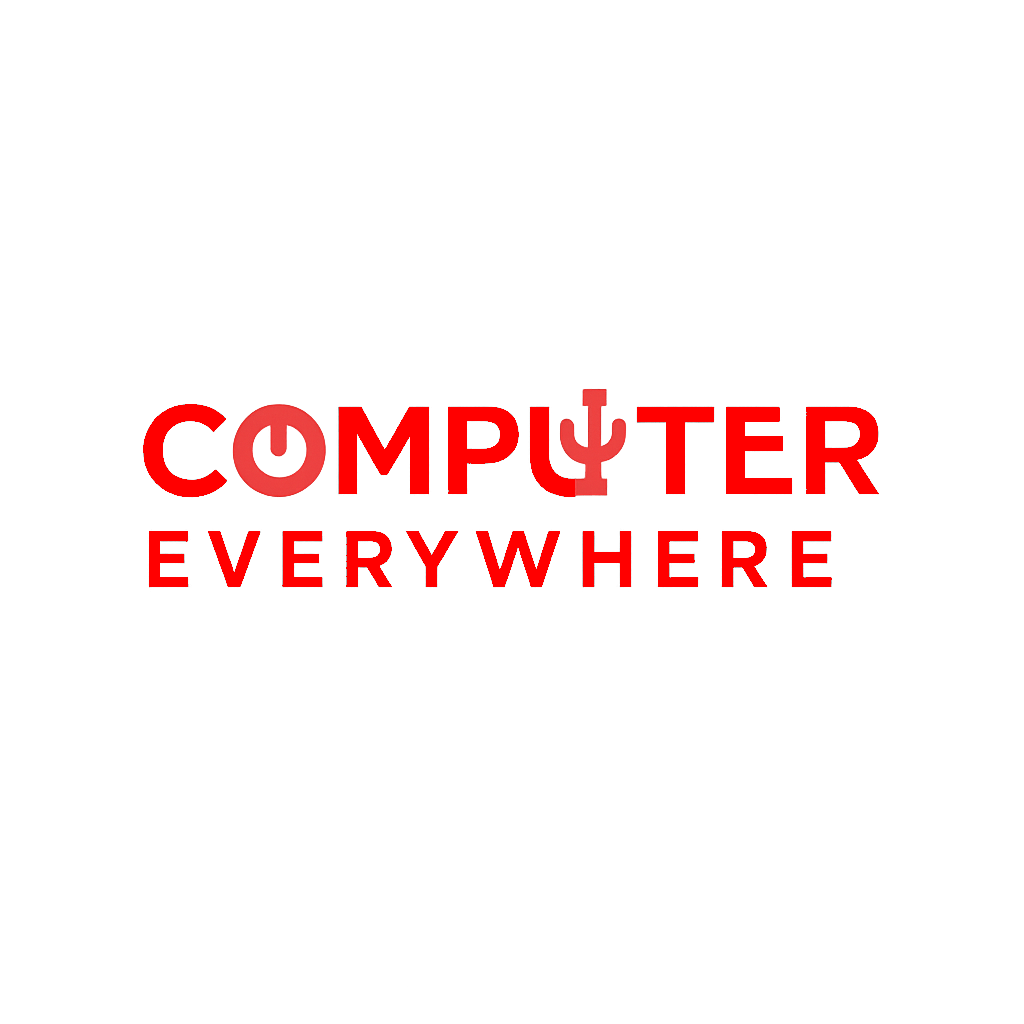Your cart is currently empty!
How to forcefully Remove Language Pack on Windows 10 and Windows 11
Installing a language pack in Windows 10 or 11 is easy—but removing one can sometimes feel impossible. If you’ve ever tried uninstalling a stubborn language pack and hit a dead end, this guide is for you. Whether you’re cleaning up after a botched install or trying to declutter your system, here’s how to forcefully remove a language pack in Windows 10 and Windows 11.
Why Language Packs Get Stuck
Language packs can become “stuck” when:
- They’re set as the default display language.
- System files rely on them.
- A previous uninstall was incomplete.
- They’re managed by group policy or enterprise settings.
You won’t always be able to remove them via Settings > Time & Language > Language—especially if you’re dealing with a corrupted or partially installed pack.
Step-by-Step: Forcefully Remove a Language Pack
⚠️ Before You Begin:
Make sure you have administrator rights on the machine. Also, set your preferred display language to something else if the one you want to remove is currently active.
1. Change Your Display Language
If the language you want to remove is set as the default, you’ll need to switch to another installed language first.
- Go to Settings > Time & Language > Language
- Choose another installed language and click Set as default
- Restart your PC
2. Use PowerShell to Remove the Language Pack
- Open PowerShell as Administrator
- Press
Windows + Xand select Windows PowerShell (Admin) or Terminal (Admin).
- Press
- List Installed Language Packs:
Get-WinUserLanguageListThis will show a list of all languages currently installed. - Remove the Language You Don’t Want:
Replacexx-XXwith the language code (likefr-FRfor French,de-DEfor German):$LangList = Get-WinUserLanguageList $LangList.RemoveAll({$_.LanguageTag -eq "xx-XX"}) Set-WinUserLanguageList $LangList -Force
3. Use DISM to Remove Language Components
Even after PowerShell removes the user language list entry, components might still be hanging around.
Run this in PowerShell (Admin):
dism /Online /Get-Packages | findstr /i "LanguagePack"You’ll get a list of installed language packs. Look for something like:
Package Identity : Microsoft-Windows-Client-Language-Pack-Package_fr-fr~31bf3856ad364e35~amd64~~10.0.19041.1To remove it:
dism /Online /Remove-Package /PackageName:Microsoft-Windows-Client-Language-Pack-Package_fr-fr~31bf3856ad364e35~amd64~~10.0.19041.1Replace the PackageName with the exact string you got from your system.
4. Clean Up Language Features (Optional)
To remove additional features like handwriting or speech recognition related to that language:
Get-WindowsCapability -Online | Where-Object {$_.Name -like "*fr-FR*"} | Remove-WindowsCapability -OnlineReplace fr-FR with your language code.
Final Restart and Check
After you’ve removed everything, restart your computer. Go back to Settings > Language and confirm the language is gone.
Conclusion
Force-removing a language pack in Windows 10 or 11 takes a few steps, but it’s absolutely doable with PowerShell and DISM. This is especially useful for IT admins managing multiple systems or users who just want to clean house.
If a language pack keeps reinstalling itself (common in enterprise environments), you may need to adjust Group Policy or Windows Update settings.
👍 Like this guide?
Share it, bookmark it, or drop your questions in the comments below.

Tech enthusiast and content creator passionate about making technology simple for everyone. I share practical tips, guides, and reviews on the latest in computers, software, and gadgets. Let’s explore the digital world together!

